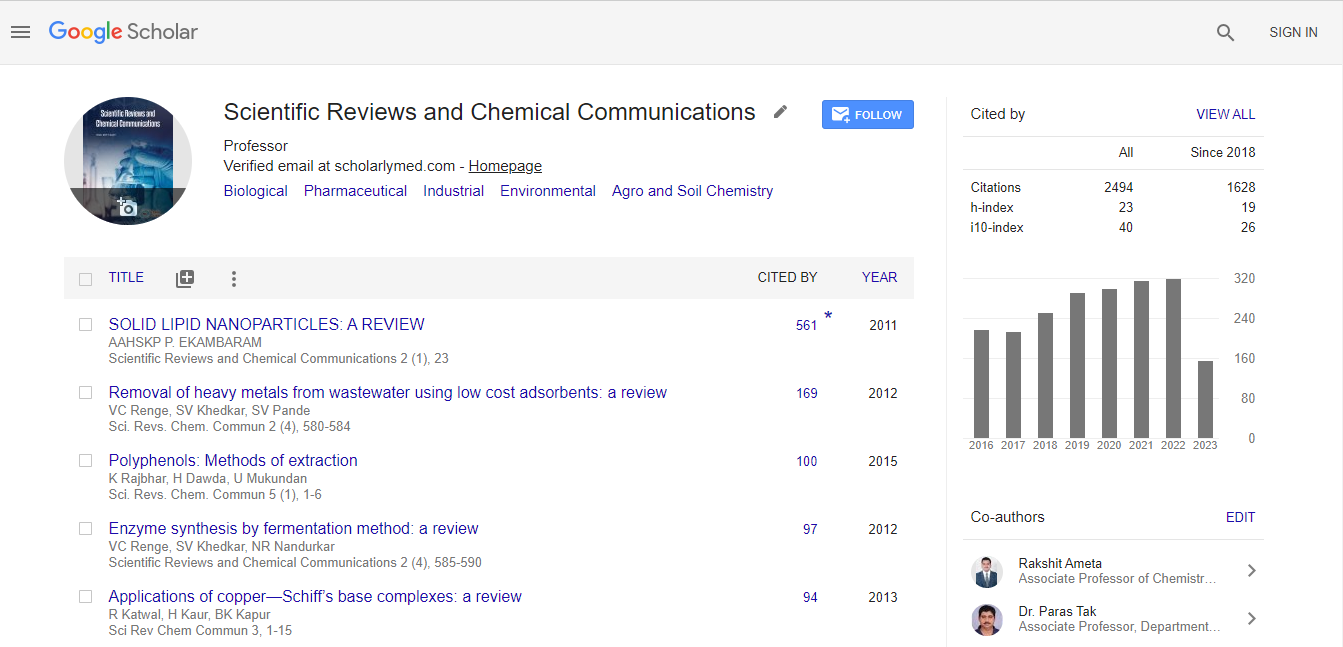Abstract
Review on Solar Fuels
Author(s): Jinesh S. Machale, S. S. Haramkar and V. C. RengeThe world relies on energy to power industry, move people and products, and keep us safe and comfortable. Fossil fuels, including coal, natural gas, and petroleum; provide much of the energy, we use today. However, their supply is inherently and geographically limited, and there are significant environmental impacts to the continued and increased conventional use of fossil fuels. To address social equity, global climate change, urban air pollution, energy security through diversity, and economic growth issues, new energy solutions are needed. Scientists and engineers are pursuing many pathways to clean and sustain energy systems.
Conversion of solar energy into chemical fuels is an attractive method of solar energy storage. Solar fuels, such as hydrogen, can be used for upgrading fossil fuels, burned to generate heat, further processed into electrical or mechanical work by turbines and generators or internal combustion engines, or used directly to generate electricity in fuel cells and batteries to meet energy demands whenever and wherever required by the customers. The challenge is to produce large amounts of chemical fuels directly from sunlight in robust, cost-effective ways while minimizing the adverse effects on the environment. The success of solar thermal power generation-known as ‘concentrating solar power’ (CSP), which use mirrors or lenses to concentrate a large area of sunlight, or solar thermal energy, onto a small area. Nevertheless, solar fuels are among the most promising technologies to curb the growing demand for fossil fuels and to mitigate the effects of climate change.

